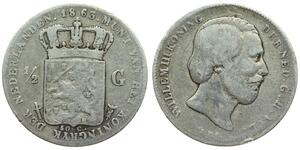(продана за $82.0)
1406, France, Metz (Free City). Scarce Silver Medieval Grossus Coin. aXF!
Mint Period: 1406-1500
Denomination: Silver Grossus
Reference: Wendling II/F/h/3, Boudeau 1659.
Condition: Minor weakness of strike, otherwise about XF!
Diameter: 27mm
Material: Silver
Weight: 2.84gm
Obverse: Saint Stephen, kneeling, flanked by two shields with arms of Metz.
Legend: *S´*STEPH P * ROT hOM
Reverse: Two bands of legends around, large cross, splitting inner legend, four stars within quarters fields.
Inner Legend: GROSSVS*METE
Metz had often to fight for its freedom; from 1324-27 against the Dukes of Luxembourg and Lorraine, as well as against the Archbishop of Trier; in 1363 and 1365 against the band of English mercenaries under Arnold of Cervola, in the fifteenth century against France and the Dukes of Burgundy, who sought to annex Metz to their lands or at least wanted to exercise a protectorate. Nevertheless it maintained its independence, even though at great cost, and remained, outwardly at least, part of the German Empire, whose ruler, however, concerned himself very little with this important frontier stronghold.
Charles IV in 1354 and 1356 held brilliant diets here, at the latter of which was promulgated the famous statute known as the "Golden Bull". The town therefore felt that it occupied an almost independent position between France and Germany, and wanted most of all to evade the obligation of imperial taxes and attendance at the diet. The estrangement between it and the German States daily became wider, and finally affairs came to such a pass that in the religious and political troubles of 1552 Metz found itself in the middle of the war between Charles V and the rebellious princes. By an agreement of the German princes, Moritz of Saxony, William of Hesse, John Albrecht of Mecklenburg, and George Frederick of Brandenburg, with Henry II of France, ratified by the French king at Chambord (15 January), Metz was formally transferred to France, the gates of the city were opened (10 April), and Henry took possession as vicarius sacri imperii et urbis protector (18 April). Francis, Duke of Guise, commander of the garrison, restored the old fortifications and added new ones, and successfully resisted the attacks of the emperor from October to December, 1552; Metz remained French.
Only 1$ shipping for each additional coin purchased!

|
Добавив:
anonymous 2016-06-07 |
50 Цент / 1/2 Гульден Королівство Нідерланди (1815 - ) Срібл ...
в групі 13 монет / 13 цін
⇑

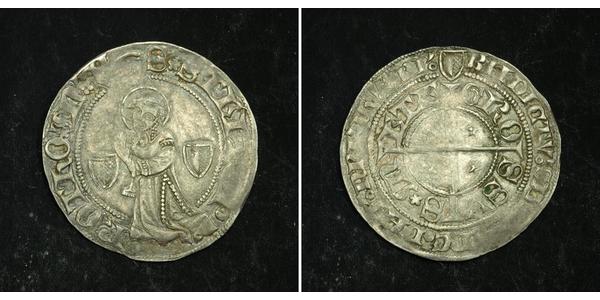





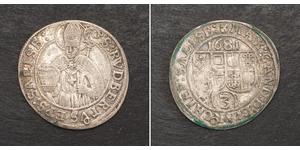

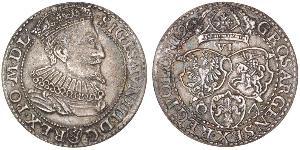

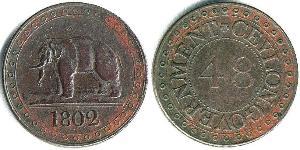




-300-150-IHcKbzbizFcAAAFRpvtauxkd.jpg)
